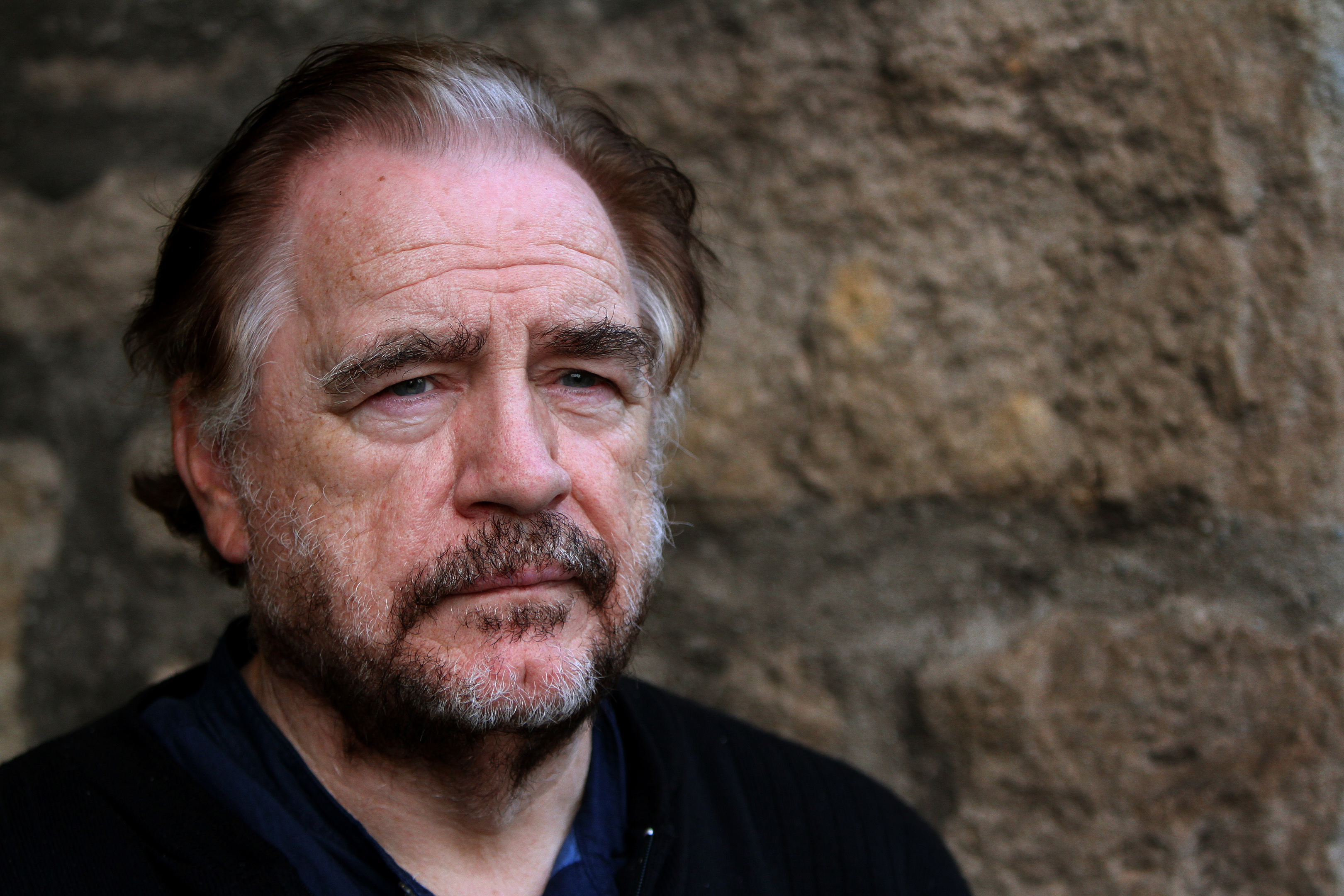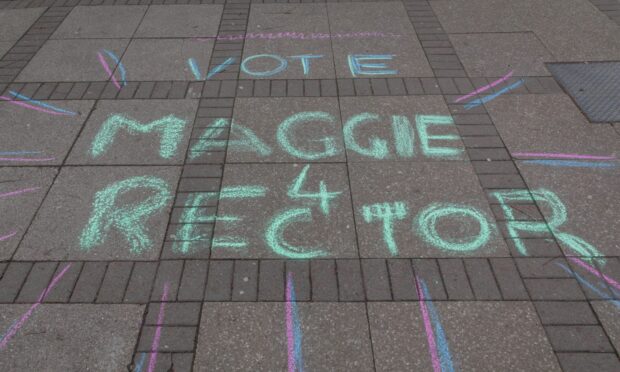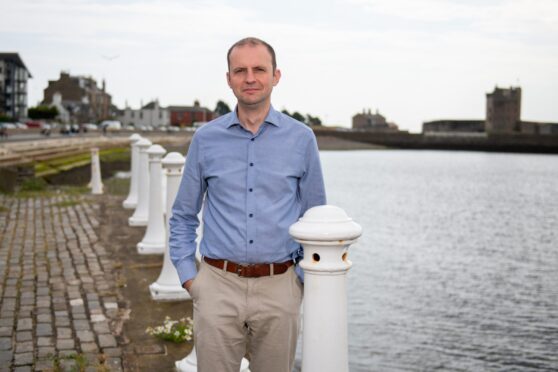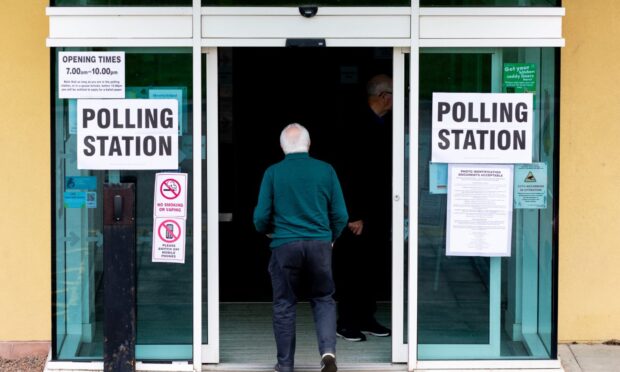Dundee-born Hollywood star and SNP supporter Brian Cox has called on the Scottish Government to introduce Frank’s Law.
The star of films like X-Men and Bourne Identity wants free personal care to be extended to help people under 65 with dementia.
Mr Cox’s, whose late brother Charlie had the devastating disease, lent his support to the campaign started by Kirriemuir woman Amanda Kopel and backed by The Courier.
He told The Sunday Times: “Unfortunately dementia is striking people younger and younger and younger. It’s not something to be attributed just to old age [any more].
“Anything which acknowledges that reality of such a horrendous disease is important.”
Dementia can make people behave aggressively towards their loved ones, but Mr Cox said its effect on Charlie, who died in his late sixties, could be “quite sweet”.
He revealed: “I remember one time Charlie said to me ‘Brian, I have left school, haven’t I?’ and I said ‘Oh aye, Charlie’, and he just replied ‘I thought so’”.
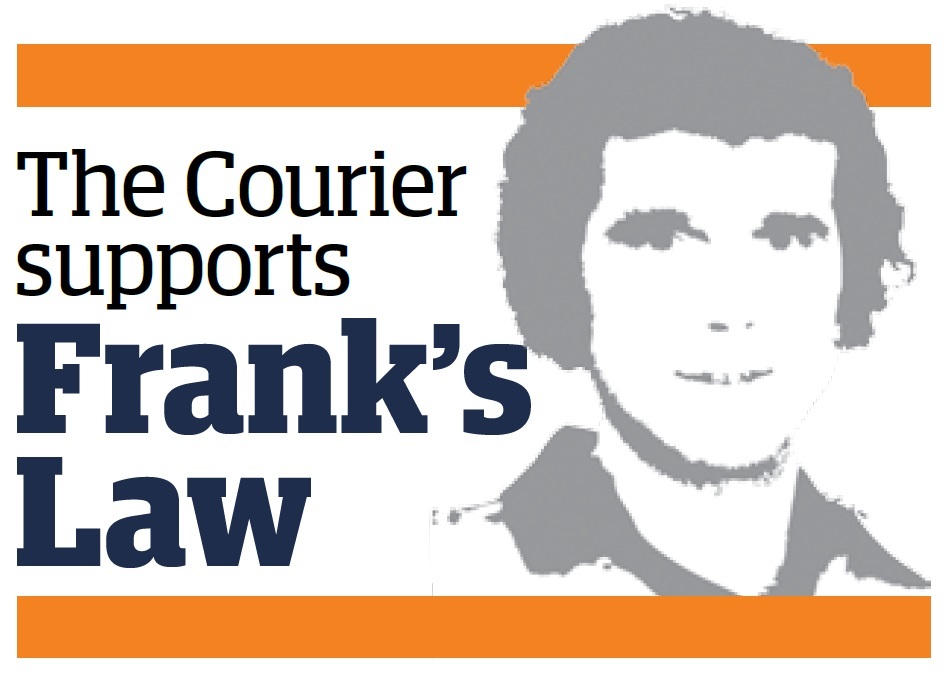
Dundee United legend Frank Kopel died just weeks after his 65th birthday following a six-year battle with dementia.
His family was forced to pay hundreds of pounds a week so he could be cared for at home.
Amanda has lobbied for a change in the law and a majority of MSPs now support closing the loophole that has adversely affected thousands of families in Scotland.
The SNP is the only party to refuse to back the campaign, although ministers are currently undertaking a feasibility study into the possibility of extending care.
A private member’s bill from Conservative MSP Miles Briggs is expected to be laid at Holyrood next month.
Richard Baker, Age Scotland’s charity team leader for early stage dementia, said: “Many who, like Brian Cox, have seen their loved ones develop dementia know the importance of this campaign.
“Age Scotland believes it is vital that services and support for people with dementia are available to those with early onset dementia as well as for older people with dementia.”
About 90,000 people in Scotland are living with dementia, of which about 3,200 are under the age of 65.
